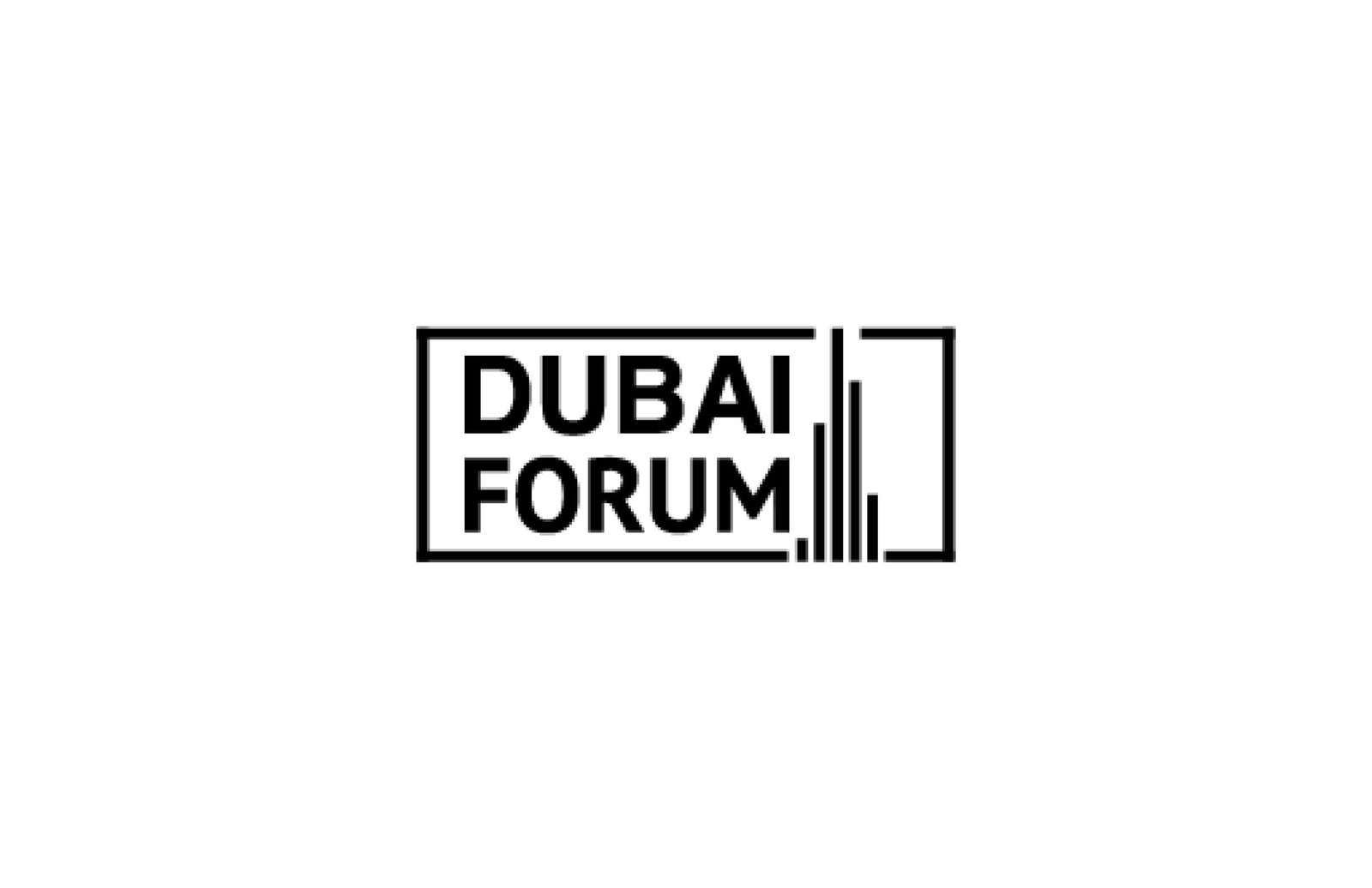Understanding the Multifaceted Landscape of the Real Estate Market in the UAE
The real estate market in the United Arab Emirates (UAE) stands as a cornerstone of the nation’s economy, a dynamic sector that reflects broader trends in investment, development, and social evolution. Characterized by its diverse properties ranging from luxurious high-rise apartments to expansive villas in tranquil neighborhoods, the UAE’s real estate sector is constantly adapting to both global influences and local demands.
In recent years, several factors have played a pivotal role in shaping the real estate landscape across UAE emirates, particularly in cities like Dubai and Abu Dhabi. A resurgence in tourism, bolstered by international events such as Expo 2020 and the strategic initiatives to promote the UAE as a top global destination, has catalyzed significant interest from both foreign and local investors. The Dubai property market alone saw an upswing in transactions, with property sales reaching nearly AED 300 billion in 2022, according to the Dubai Land Department. These statistics suggest a robust recovery post-pandemic, accentuated by the influx of expatriates attracted by the lifestyle, business opportunities, and favorable investment conditions offered in the region.
Regional Trends and Challenges
However, the journey of recovery has not been without its challenges. As property prices soared, concerns about affordability became prevalent. The rising cost of living in urban areas has prompted debates among citizens and expatriates about the sustainability of these trends in the long term. Moreover, as the UAE continues to attract a vast expatriate community, accommodating the needs of diverse cultures and preferences becomes imperative. This call for adaptability has prompted real estate developers to diversify their offerings, leading to a surge in mixed-use developments that combine residential, commercial, and leisure spaces within the same locale.
Sustainability also emerges as a prominent theme driving the real estate agenda. With goals to reduce its carbon footprint, the UAE is pushing for eco-friendly developments. The incorporation of sustainable building technologies and green spaces in new projects not only caters to an environmentally conscious clientele but also aligns with the government’s vision for a sustainable future.
The Rise of Smart Technology in Real Estate
Another transformative force in this sector is the integration of smart technology. Smart homes, equipped with advanced technological features that enhance convenience and energy efficiency, are becoming increasingly popular. The convergence of technology and real estate is not only reshaping the types of properties that are in demand but also how they are marketed and sold. Virtual reality, for instance, is making waves in property tours, allowing potential buyers to explore properties remotely, thereby streamlining decision-making processes.
In addition to technological advancements, the paradigm shift towards remote work has altered preferences regarding property locations. An increasing number of professionals seek homes that offer comfortable work-from-home environments, preferably in quieter locales away from the bustling city centers. This shift signifies evolving lifestyle trends that developers must cater to in their future projects, emphasizing spacious layouts and community amenities to attract potential buyers.
Future Outlook and Investment Opportunities
Looking forward, experts project that the UAE’s real estate market will continue to flourish, primarily driven by a combination of economic growth, demographic trends, and government initiatives aimed at stimulating the sector. With rising employment rates and wealth generally on the upswing in the region, the demand for real estate will likely increase.
Investors are also encouraged by recent regulations that facilitate foreign ownership of properties, particularly in designated freehold zones. These measures have made the UAE a more attractive option for international investors seeking a foothold in Middle Eastern markets. The anticipated population growth, coupled with the UAE’s strategic location as a global trading hub, presents promising opportunities for real estate investment.
Conclusion
In summary, the real estate sector in the United Arab Emirates remains a dynamic and multifaceted landscape, shaped by various economic and social influences. As it adapts to changes in consumer preferences and global market trends, it will be crucial for stakeholders to proactively address challenges while capitalizing on opportunities. Maintaining a balance between innovation, sustainability, affordability, and community adaptation will ensure that the UAE continues to flourish as a vibrant player on the global real estate stage.
Tags: #RealEstateNews #UAE #EconomyNews

